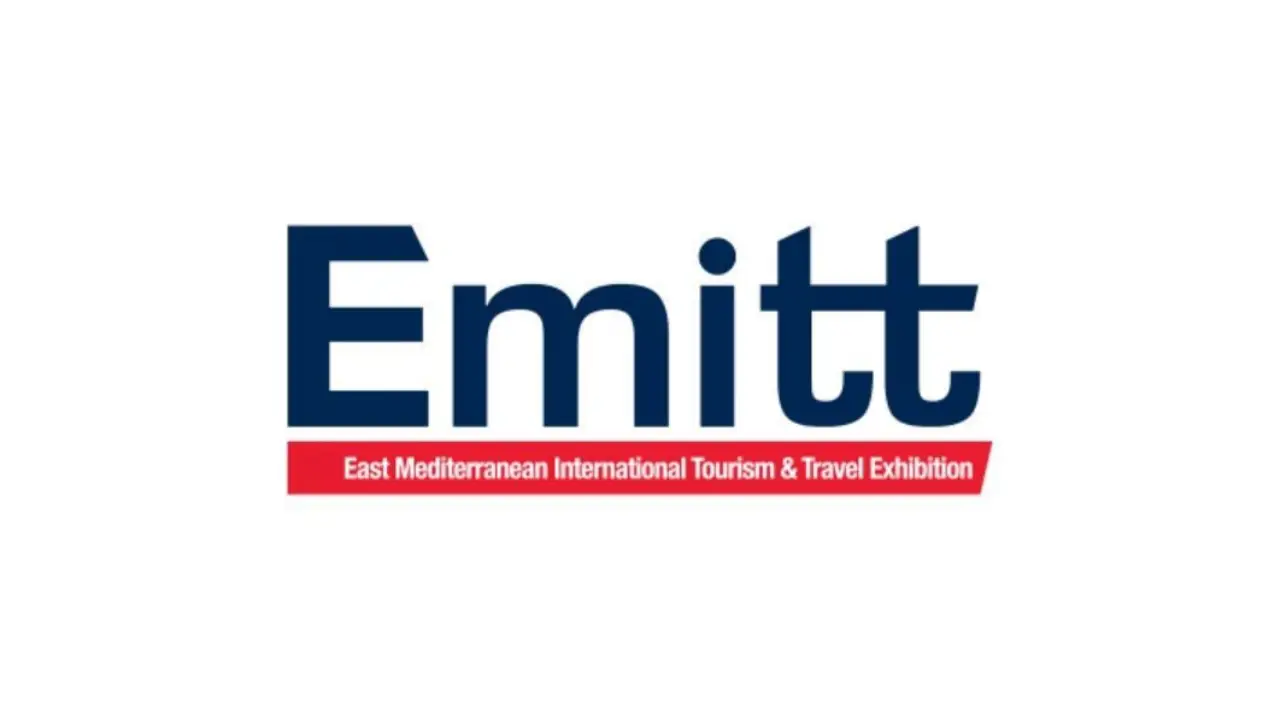Women-owned and led businesses are strong catalysts for economic growth, improving the lives of everyone. This has a meaningful impact on the labor force, economic growth and the well-being of their societies.
Based on publicly available data from international organizations including the International Labour Organization, UNESCO and the Global Entrepreneurship Monitor, Mastercard’s third edition of its Mastercard Index of Women Entrepreneurs racks the progress and achievement of women entrepreneurs and business owners across 58 markets (representing nearly 80% of the world’s female labor force) at three levels: (i) Women’s Advancement Outcomes, (ii) Knowledge Assets & Financial Access, and (iii) Supporting Entrepreneurial Factors.
The results reaffirmed that women are able to make further business inroads and have higher labor force participation rates in open and vibrant markets where the support for SMEs and ease of doing business are high. They are also able to draw from enabling resources, including access to capital, financial services and academic programs.
Out of the top 20 ranking markets, 80% are high income economies, fueled by highly supportive entrepreneurial conditions. This includes the United States, which topped the charts for the first time, and New Zealand, which trailed closely in second place.
Top 10 markets for women entrepreneurs, based on supporting conditions and opportunities to thrive:
| Rank | Market | MIWE Score |
| 1 | United States | 70.3 |
| 2 | New Zealand | 70.2 |
| 3 | Canada | 69.0 |
| 4 | Israel | 68.4 |
| 5 | Ireland | 67.7 |
| 6 | Taiwan | 66.2 |
| 7 | Switzerland | 65.8 |
| 8 | Singapore | 65.6 |
| 9 | United Kingdom | 65.6 |
| 10 | Poland | 65.1 |
“Women-owned and led businesses are strong catalysts for economic growth, improving the lives of everyone. With this study, we are shining a light on those under-represented because even today, inequality and exclusion still hold women back. At Mastercard, we believe good ideas come from everywhere. Now is the time for governments and organizations to power together to support women to advance their businesses by eradicating gender-bias and ensuring greater access to education and financial inclusion,” said Ann Cairns, Executive Vice Chairman, Mastercard.
Of the 58 markets, 8 markets moved up by more than 5 ranks compared to the previous year’s scores including France (+22 ranks) which was driven by a near-double increase in the women entrepreneurial activity rate, followed by Indonesia (+13), Costa Rica (+11), Taiwan (+9), Ireland (+7), Russian Federation (+6), Thailand (+5) and Ghana (+5).
The Index also suggests that the opportunity for entrepreneurship is not necessarily aligned to the wealth and advancement of a market. Countries with less conducive supporting conditions such as Uganda, Ghana and Botswana rank in the top three countries for women business ownership rates, compared to more developed ones. Women in these markets are deemed as “necessity-driven” entrepreneurs, spurred by a need for survival despite their lack of financial capital and access to enabling services.
Top 10 markets: Women business owners as a percentage of all business owners:
| Rank | Market | % |
| 1 | Uganda | 38.2% |
| 2 | Ghana | 37.9% |
| 3 | Botswana | 36.0% |
| 4 | United States | 35.1% |
| 5 | New Zealand | 31.8% |
| 6 | Russia | 31.2% |
| 7 | Malawi | 31.1% |
| 8 | Australia | 30.9% |
| 9 | Angola | 30.3% |
| 10 | Portugal | 30.2% |
Other key insights:
- It is encouraging to note that women are achieving gender parity with men in terms of entrepreneurial activity in seven markets: Ecuador, Indonesia, Philippines, Vietnam, Ghana, Nigeria and Uganda. Meanwhile, improvements in Angola, Malawi, Costa Rica, Thailand, UAE and Taiwan also helped narrow gender disparity.
- The findings also showcased women’s ability to thrive as business owners and pursue opportunities even where cultural and social conditions are not optimal. These are demonstrated in certain markets where women’s business ownership rates and Improvement-Driven Opportunity entrepreneurial tendencies are both high in spite of the lack of cultural acceptance/social encouragement. According to the World Bank, 45% of economies around the globe have laws constraining women’s decision to join and remain in the labor force.[1]
- The results showed that there are significant intra-regional differences, particularly in Middle East and Africa and Asia Pacific. Markets such as Uganda, Ghana, Botswana, Malawi and Angola outperform for female business ownership; however, despite efforts to improve the opportunities in this space, regional peers in Saudi Arabia, Egypt, Iran, Algeria, UAE, Tunisia and Ethiopia still have work to do, with women’s business ownership rates sitting 15% and below. Similarly, New Zealand, Australia and Vietnam surpass regional peers such as Bangladesh, India, Malaysia, South Korea and Japan in terms of the female share of business ownership.
[1] https://wbl.worldbank.org/en/data/exploretopics/starting-a-job













